We will give you a brief overview of supplementary food and tell you which herbs are best for your horse to get through the winter.
I. Roughage builts the foundation
Especially during winter, when the days become shorter and the nights get colder, many horse owners struggle with the small aches and pains of their horses. Extensive grazing is only possible at very few stables and real movement is for the most part only possible inside, due to the very early onset of darkness. An additional burden on their immune system is the change of coat, which affects particularly older animals.
The stomach of a horse is in relation to its body size, with a capacity of 12-20 liters, relatively small while the intestine is very long with an average of 30 meters. Speaking from a nutritional point of view, it can be said that the digestive tract of the horse is designed for very rich fiber foods without prolonged feeding breaks. But especially during winter, most horses remain only on paddocks or spend most of the time of day inside their stable. Therefore, they not only lack the free outside movement but also the continuous roughage intake via grass. The be-all and end-all of basic feeding for horses comprises a high roughage supply of good quality. Horses have an increased energy requirement due to the fur change, during winter. Rule of thumb: 1.5 kg of hay are calculated per 100 kg of body weight - this information is only a rough guideline, which must be adjusted according to the energy requirement and work intensity. Above all, the quality of the hay is important. It is particularly important to ensure that the dust load is small, the hay does not smell musty and has no white surface, which is usually caused by mold spores.
II. Sufficient high moisture food in winter
The diet of the horse should consist of the foundations of roughage, succulent feed, and concentrated feed, plus various forms of supplementary feed and oils. The guiding principle has proven to be particularly effective: As much roughage as possible and as much concentrates as necessary..
During winter the succulent feed is severely limited to little till no grazing, therefore, a switch to additional succulent foods should be made, as it also provides important vitamins that strengthen the immune system of the horse. Carrots, beetroot, and apples are especially popular during feeding. In addition, bananas and some citrus fruits (orange, tangerine) can be offered. Variety in feeding is always particularly popular, but a change in feed should also be done slowly and the number of fruits and vegetables need to remain within the framework. Also important is the "grazing stop" of the horses, which is greatly neglected in most stables. Just as the horse's organism has to get used to the fresh grass in the spring, it also has to adjust to less succulent food toward autumn. If the food change is too quickly, severe stomach and intestinal problems can be the result.
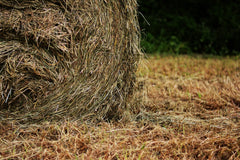

III. Something warm in the stomach
We are not the only once looking forward to something warm in our stomach when it is icy cold outside and we just arrived home after a long day, our horses can also enjoy warm meals. The feeding of Mash is particularly popular in winter. This can either be mixed together and consists mostly of bran and flaxseeds or you can buy the mash already mixed at the animal store. The finished mash offers a multitude of different possibilities: especially fiber-rich by alfalfa, especially healthy by the addition of herbs or extra sweet due to sugar beets. Above all, it is important to prepare the mash with boiling water and allow enough time for it to swell. The mash can then be fed warm or cold, while many horses clearly preferring the still warm mash. Depending on your mood, you can refine the mash yourself. The best ideas can be found right here:
- Instead of plain boiling water use brewed herbal tea
- Put in additional carrots or apples
- Additional herbs
- Some sugar beet syrup
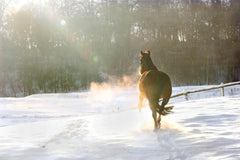 Our Tip: Mash is particularly suitable for mixing in medications, as the taste is quite intense and it is usually not possible for the horse to pick out tablets due to its consistency.
Our Tip: Mash is particularly suitable for mixing in medications, as the taste is quite intense and it is usually not possible for the horse to pick out tablets due to its consistency.
IV. Herbs for horses
As mentioned above, the possibility to go out on the gazing land during winter is only possible for a small number of stables. Thus, not only do the horses lose food intake through fresh grass, but they also lose the ability to use the grass to absorb healthy herbs that have a positive effect on the organism. Therefore, a small selection of herbs is particularly popular to strengthen the immune system or to promote recovery from a cough (in severe cases, herbs do not replace drugs that are administered or arranged by the veterinarian), especially during winter. All herbs can also be infused with tea - sweetened with some sugar beet syrup, the tea is appreciated by many horses. But please pay attention to the appropriate temperature.
Coughing: Especially ribwort, sage, chamomile, peppermint, coltsfoot or black cumin are suitable.
Digestion: Melissa, sage, wormwood, aniseed, licorice root, spicy cabbage or watercress are ideal.
To strengthen the immune system: Rose hips, ginseng, black cumin, peppermint or taiga root can be fed.
Many of the herbs can be found during small walks, collected and then dried. However, if you are unsure whether it is actually the herb you are looking for, you should look within a specialty store or look for herbs online. There are many sites that specialize in food herbs and even offer some finished mixes (for example, respiratory herbs).





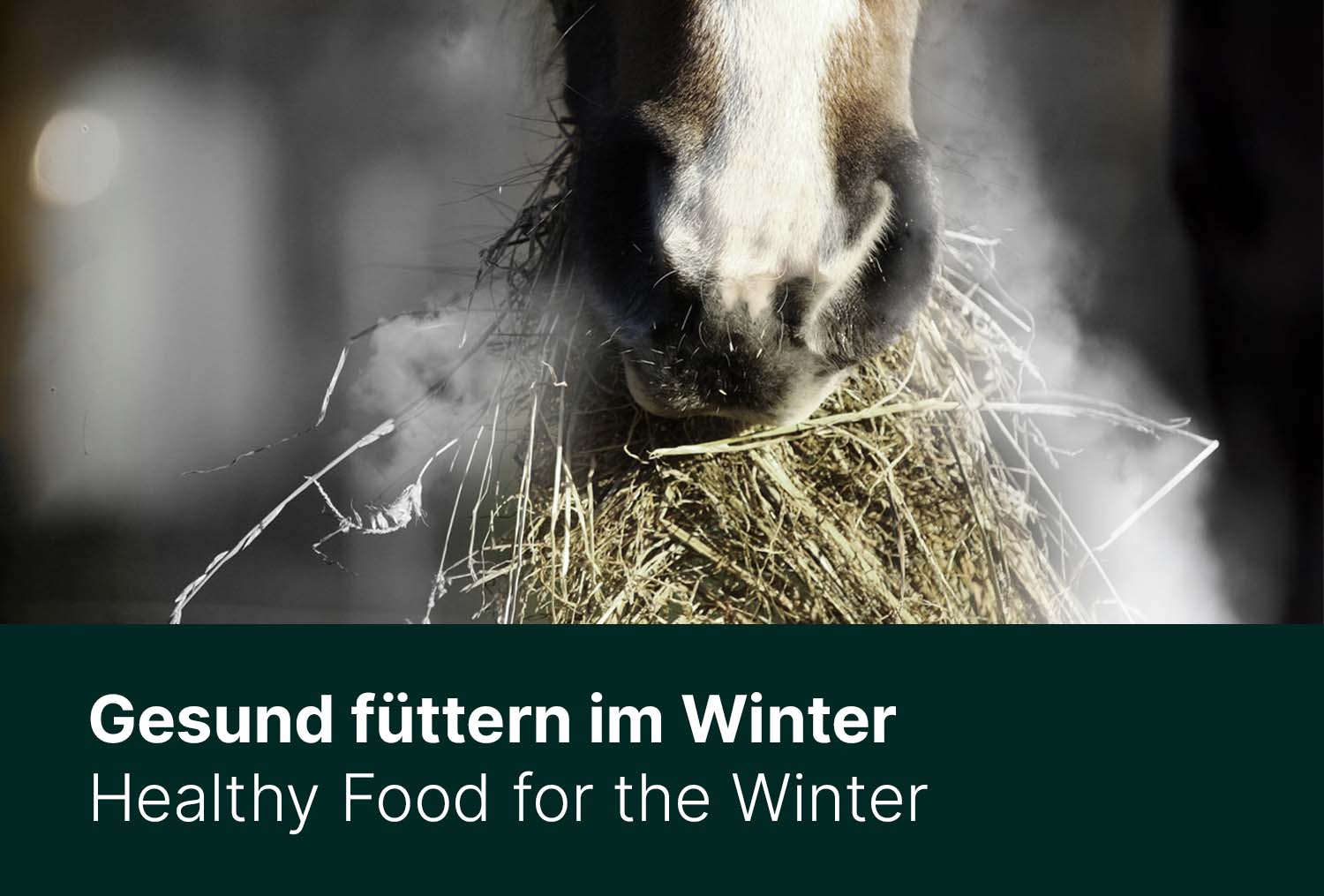
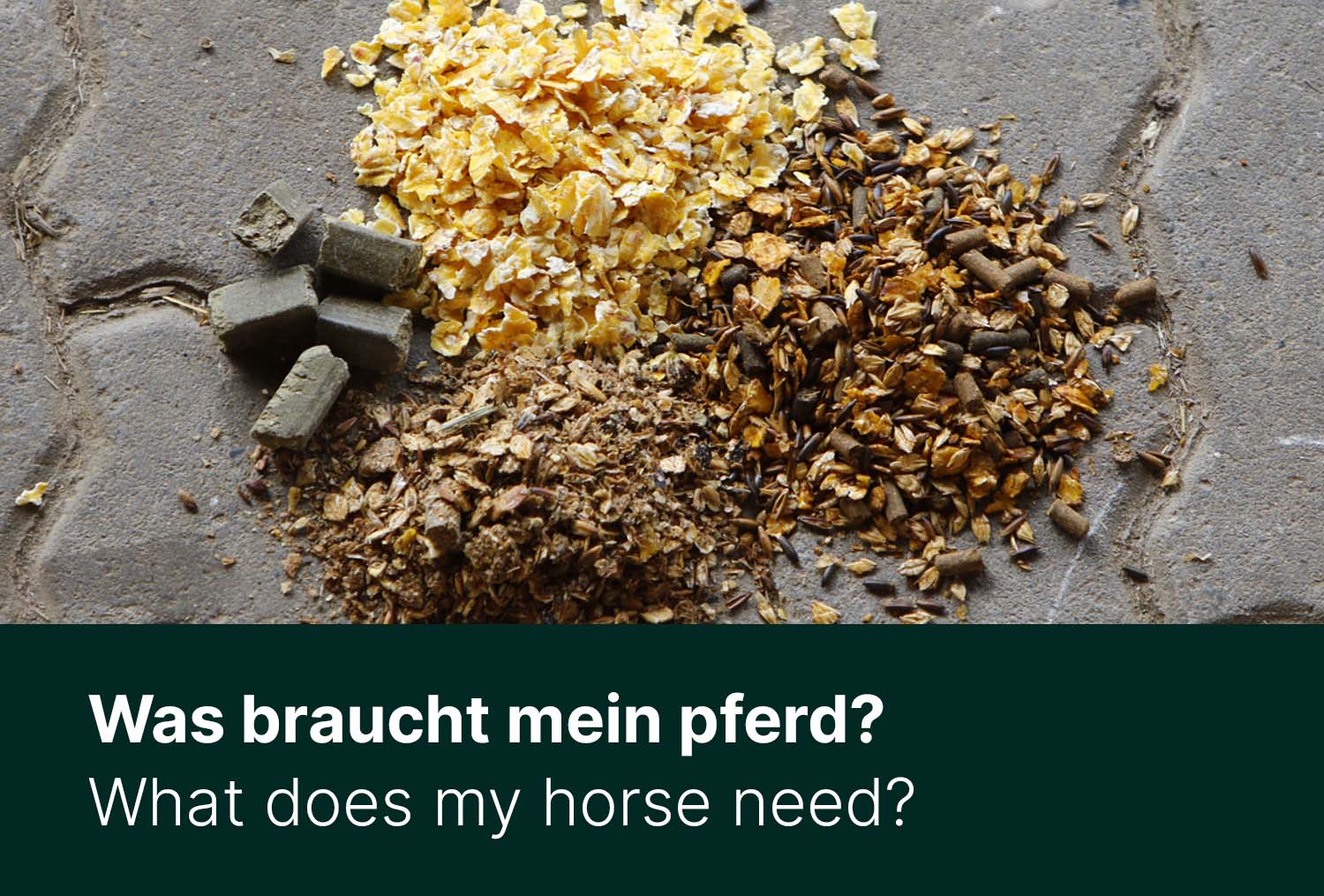

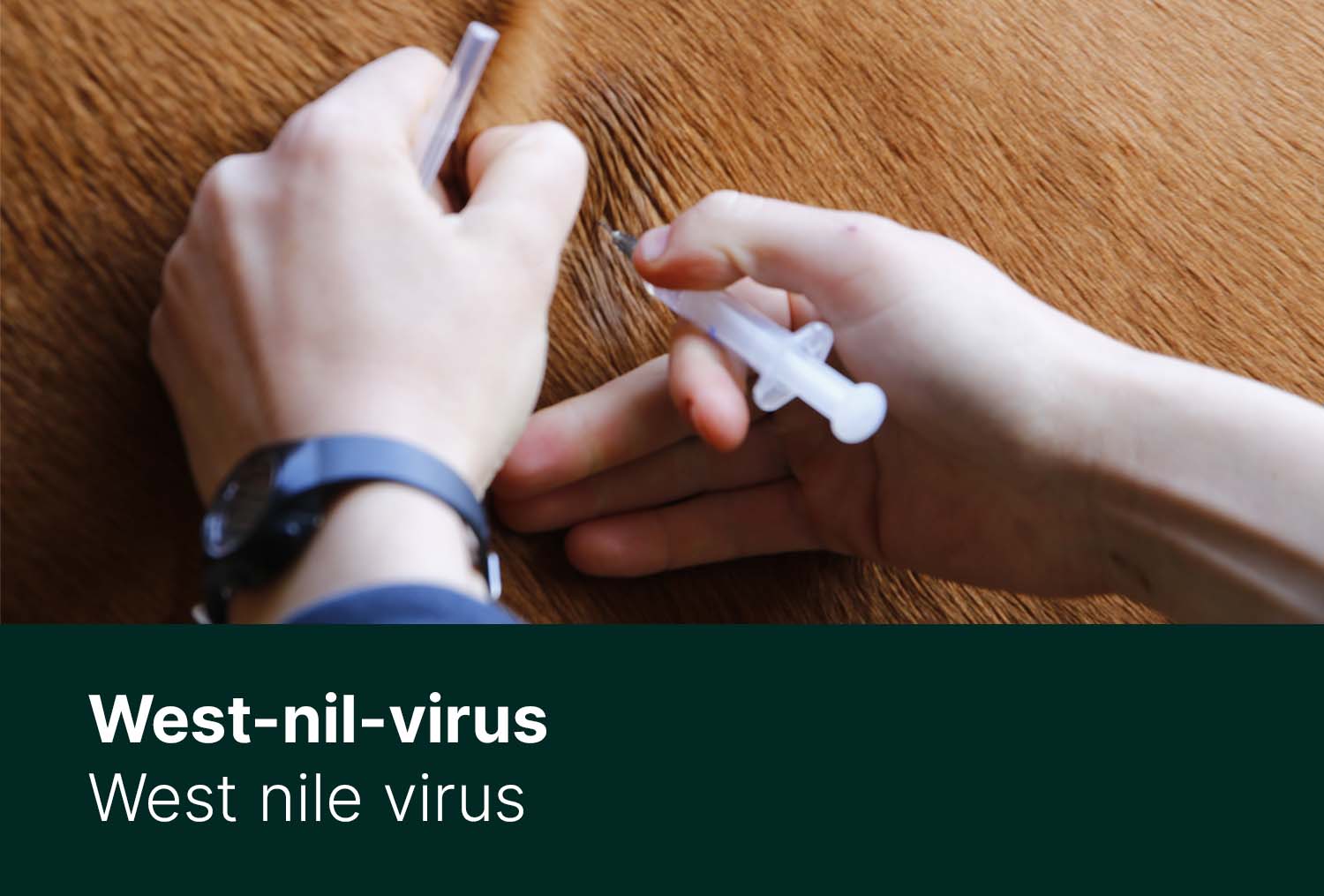
Winter Care - Proper Care for Saddle, Bridle & Co.
Starting in your First Tournament